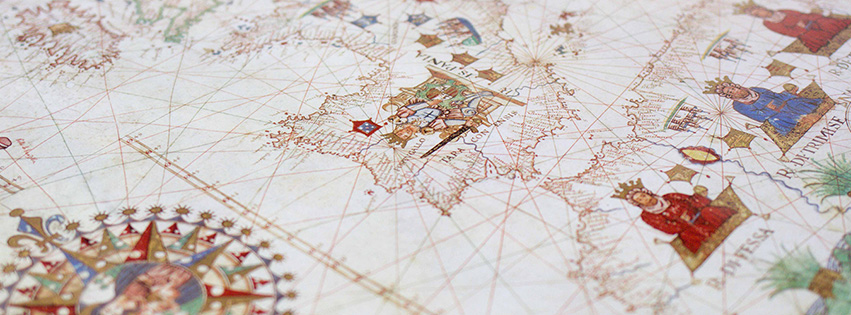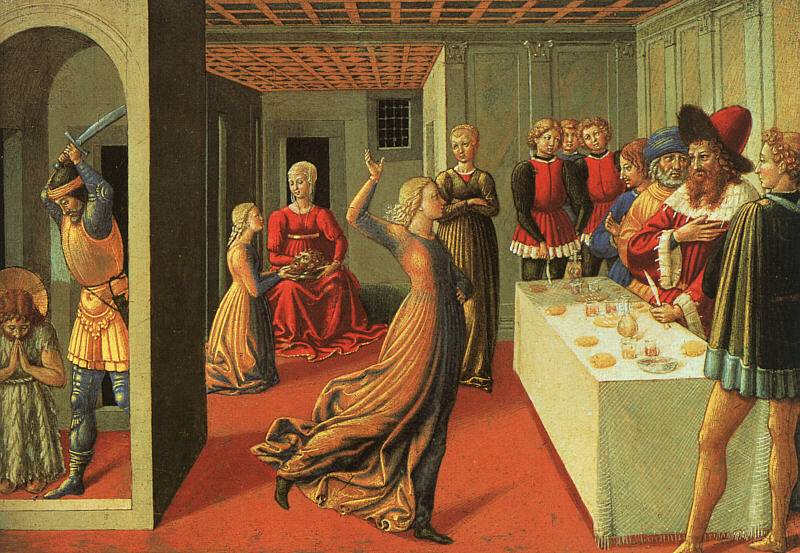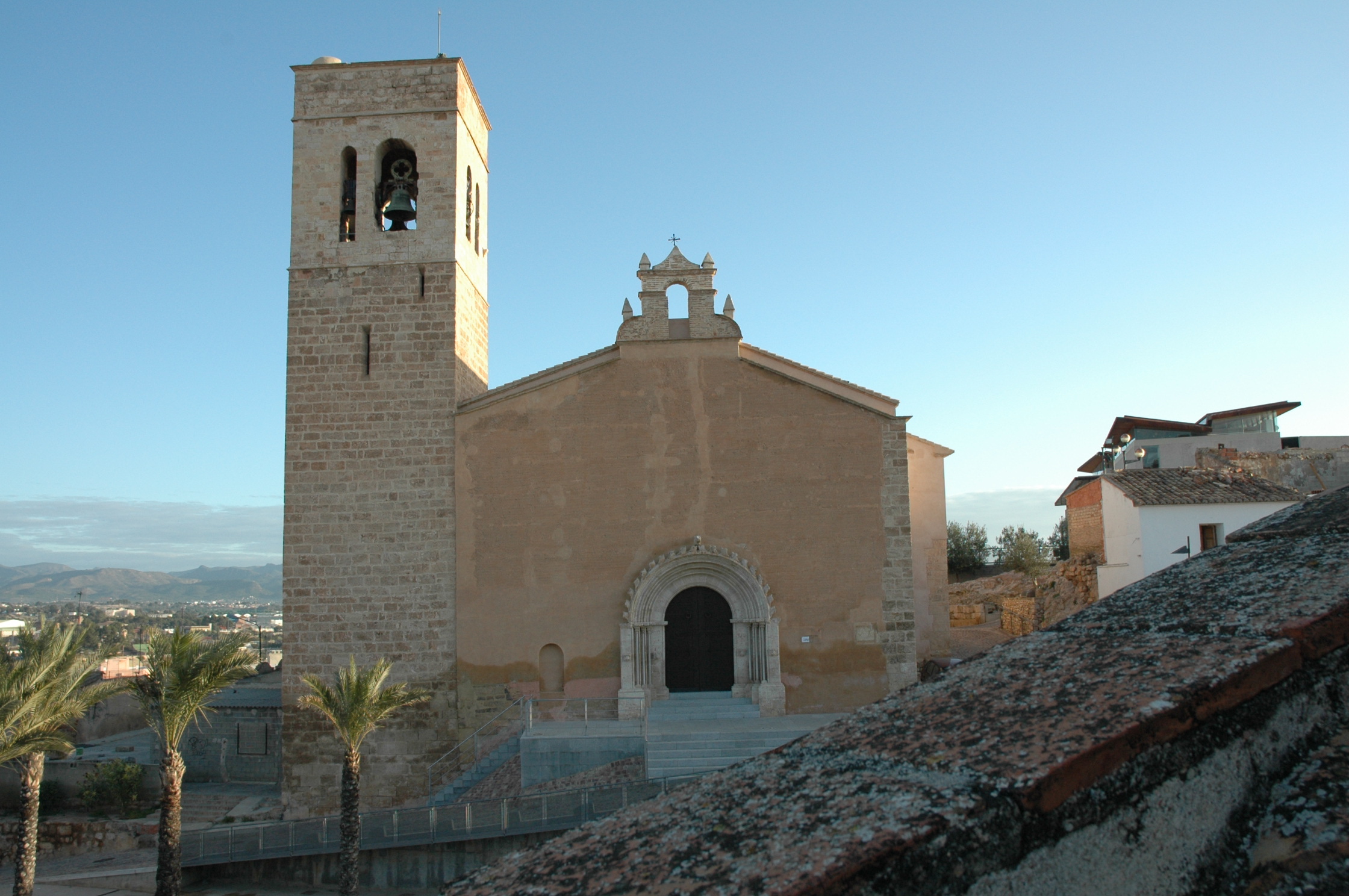
Continuing your studies by doing a Master’s Degree is the option that more and more students choose. We explain what to look for in the master’s degree in History of the Formation of the Western World.
4 march 2016
Continuing your studies with a master’s degree in History of the Formation of the Western World is an excellent option to wide your knowledge in a particular area, where we will receive theoretical and practical notions and we can focus on the sections in which we are more interested in.
The current political, social and cultural institutions and our European role have their origin in history. The reinterpreting of classical cultures and the emergence of a new “human” in the Medieval Ages was extended to Modern History, where the citizen appeared and opens up to the Contemporary World to offer all the explicative keys which give an answer to the questions risen by the current world.
1. We must make sure that that master’s degree is recognised by a university and that has a regulated and updated curriculum. We also must pay attention to the years that the master’s degree is being taught, in case its subjects have change, and its facilities or teaching staff have been updated.
2. This curriculum must have practical and theoretical subjects. Examples of these subjects are “Perspective of research in Modern History”, Written memory and genesis of the Western world” or “Lines and debates in the ancient Western history” These studies are focused on the specialisation of the students.
3. Knowing who teaches the classes and what entities collaborate in the curriculum. If the master’s degree has renowned professors in the field of these studies they can result much more beneficial and can open the doors to the labour market.

4. Considering the facilities of the master’s degree. The workplace is very important when choosing to study a determined master’s degree, since having modern and cutting edge facilities from the technological point of view may be a complement for our future.
5. Tutorial assistance: it is vital that your doubts are listened to and that you have the support by the professors during the year that you carry out the master’s degree. Having access to a good tutorial assistance can be of great help and without doubt it will make that your studies are much easier.
6. Collaboration between the curriculum and related Conferences. That within the subjects it is promoted the participation in specialised Conferences is a great form of specialising and meeting the most practical aspects of the topic. For example, in the master’s degree in History of the Formation of the Western World it is promoted the attendance to classes and external courses in order to complete the knowledge of students.
7. Possibility of continuing with Doctoral Studies. If the curriculum of the master’s degree is aimed to continue with the academic research, you can continue your training through a PhD in Geography and History of the Mediterranean from the Prehistoric to the Middle Ages, a way that you should not reject to be able of reaching the highest level of the profession.
These seven rules are essential when opting for a master’s degree or another. Thoroughly knowing these aspects you can choose the most adequate training, since one master’s degree can be very different when being taught in different universities. The master’s degree must be the period for specialisation and getting to know the basic aspects before joining to it and knowing the options for the future that it will provide you are determinant when it comes to take the step of continuing with your studies.
The University Master’s Degree in History of the Formation of the Western World of the Universitat de València has all these aspects. You can find more information here.









